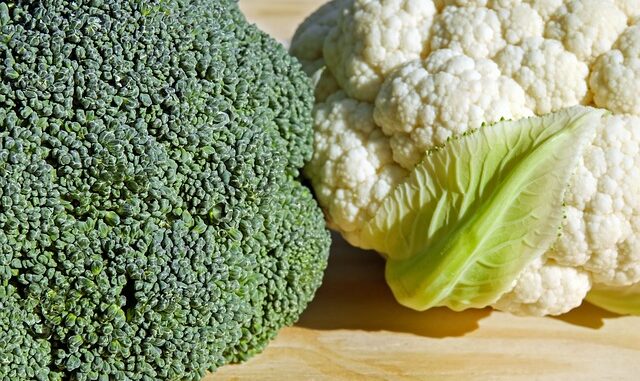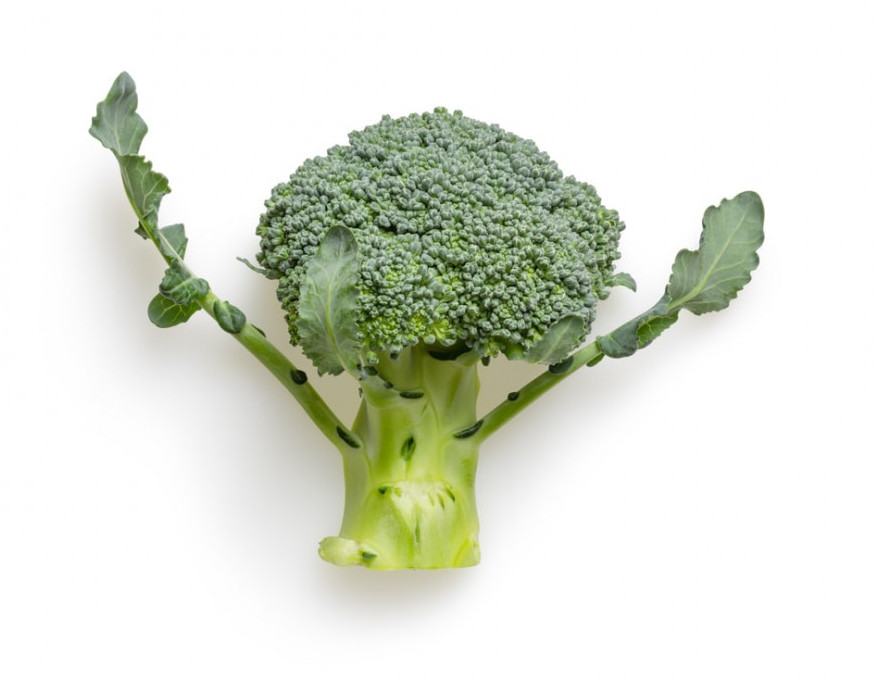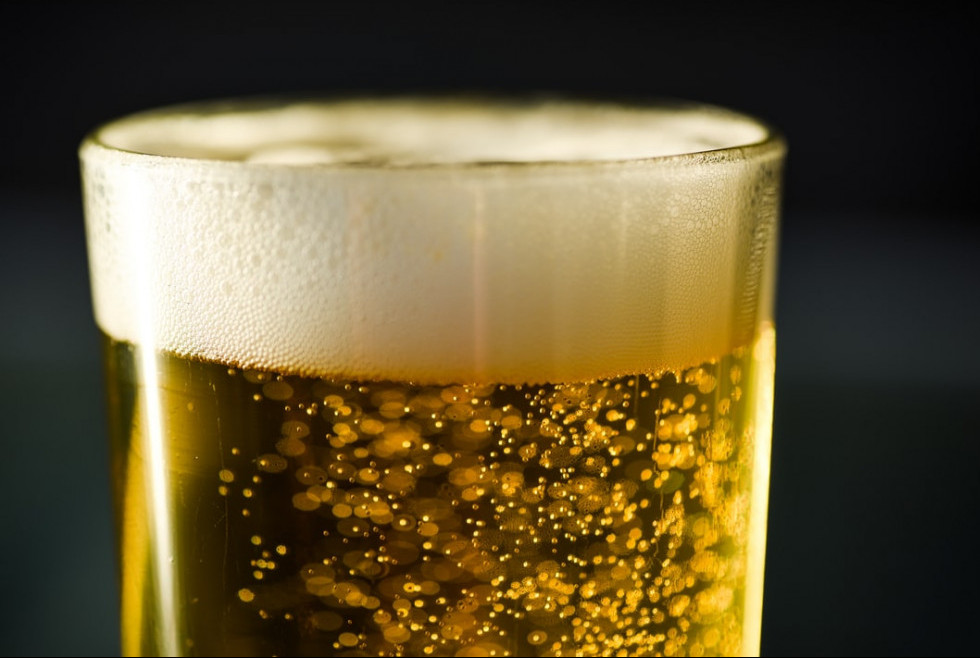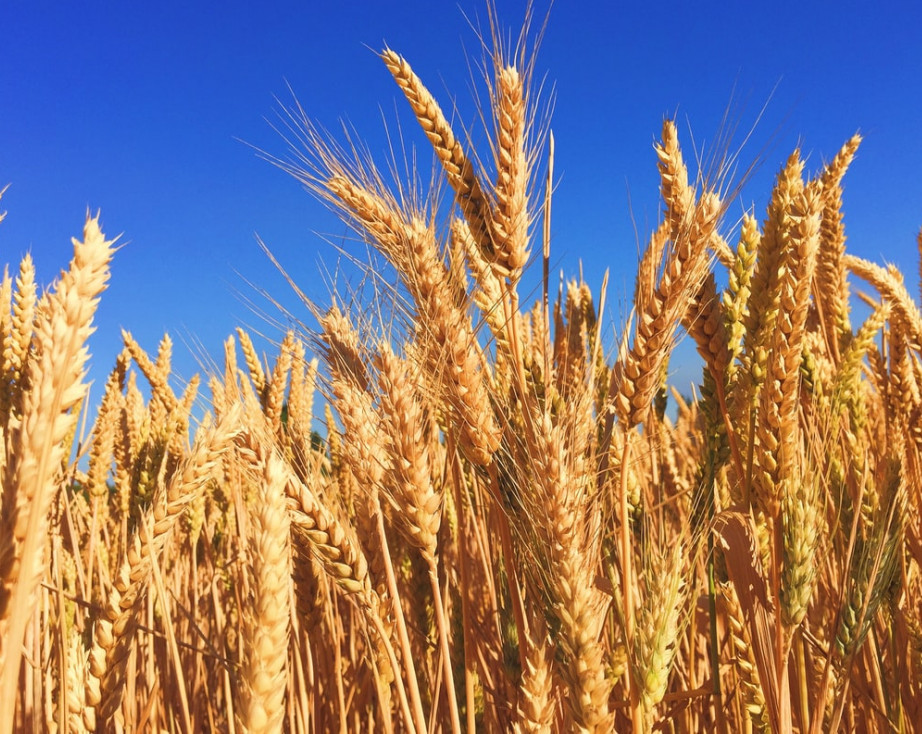
If you’ve ever dieted before, you know the emphasis placed on ‘healthy eating.’ Eat more greens is practically a mantra. But eating healthy foods that cause gas and bloating is often an uncomfortable side effect.
If you’ve ever suffered from painful gas and bloating, you’ll want to know which foods are considered the top offenders.
Keep reading to learn which foods trigger gas and bloating so that you can make simple adjustments that will help your belly.
What Causes Gas?
Gas is caused by breaking down food during digestion and from swallowing excess air when you eat. This can cause burping, passing air and the uncomfortable sensation of belly bloat.
Studies have shown that people normally pass gas on average of 5 to 15 times per day!
You may be swallowing a lot of air when you eat, especially if you are in a hurry. Gas is also caused in the colon (large intestine) when bacteria begin to break down food – particularly carbohydrates.
Not all carbs are easily digested. Fruits and vegetables, particularly in their raw form, can cause excess gas and bloating because the fiber and sugars are not fully digested from the small intestine.
Dietary Causes of Gas
There are quite a few reasons that you may not even realize that can cause gas and bloating. Try to be aware of the following gas causing things so you can make simple adjustments if necessary:
- Carbonated drinks (sodas and beer are big offenders)
- Chewing gum (increases swallowing of air)
- Eating too quickly, drinking through a straw of sucking on candy can increase air in the belly
- Eating high fiber foods (particularly raw vegetables, fruit, beans, legumes, whole grain carbs)
- Artificial sweeteners (xylitol, mannitol, sorbitol can cause excess gas)
Health Conditions May Cause Gas and Bloating
There are a variety of health reasons why you may be experiencing gas and bloating. For example, if you have lactose intolerance or a gluten sensitivity, you may experience painful gas with cramping.
This is because the digestive system cannot properly break down certain sugars or proteins in some foods for certain individuals who are sensitive.
Constipation is another common reason for a puffy belly. If you are not passing stool at least 3 times per week, you are constipated and therefore, may find your belly feeling full, gassy or distended.
In addition to constipation, gas and bloating is often caused by overgrowth of bacteria or bacterial changes in the gut. This can cause diarrhea, extra gas and even weight loss.
Moreover, certain intestinal illnesses can also be responsible for bloating and gas. Things like diverticulitis, Crohn’s disease and ulcerative colitis often cause additional gas.
Symptoms That May Require Seeing A Doctor
Most gas and bloating is normal and common. Burping and passing gas are normal, especially after eating. Therefore, while inconvenient and possibly embarrassing, they are usually not reasons for a more serious problem.
However, chronic gas or bloating that is extremely painful or disruptive to your life may not be normal. If your symptoms are combined with any of the following symptoms, you should consider seeing a doctor to rule out something more serious:
- weight loss
- blood in the stool
- frequency of stool
- constipation or diarrhea
- nausea or vomiting
List of Top Foods That Cause Gas and Bloating
If gas and bloating is making you uncomfortable, you can make some dietary adjustments to see if it helps. Keep in mind that every person is unique, so just pay attention what works for your body and avoid the offenders.
1. Gassy Cruciferous Vegetables
Some vegetables can cause serious gas,  especially in their raw form. Cruciferous vegetables such as cauliflower, broccoli, brussel sprouts and cabbage are notorious for their after-effects.
especially in their raw form. Cruciferous vegetables such as cauliflower, broccoli, brussel sprouts and cabbage are notorious for their after-effects.
These contain short chain carbohydrates that are difficult to digest. Ultimately, they can be responsible for symptoms of gastrointestinal discomfort.
In order to still enjoy these vegetables, try eating them cooked, which may help reduce gas symptoms later. Alternatively, enjoy other vegetables such as zucchini, sweet potatoes or cucumbers.
2. Beans
It is not a surprise that when you think of gassy foods, beans make the list. Beans contain a type of sugar that is difficult to digest.
And for those who already have GI problems, when fermentation takes place in the gut, it can cause severe bloating, cramping, gas or diarrhea.
Some people have found that taking the supplement Beano before eating beans can help control gas later on. Soaking beans overnight and changing their water regularly is another suggestion to help lower the gas effects.
3. Dairy
The sugar lactose, is commonly found in most dairy products including milk, cheese, cottage cheese, yogurt and ice cream. Trying to digest dairy can be troublesome for people who do not produce enough lactase – the enzyme which breaks down lactose.
Increased amounts of gas after eating dairy is a common sign of lactose intolerance. If you have, or suspect you have this, there are lactase tablets that can be taken before eating dairy which can help.
Eating lactose-free dairy products or substituting with almond, coconut or soy products are great alternatives.
4. Carbonated Drinks
Drinking beverages with carbonation increases the  amount of air in your stomach. Air eventually has to get out of the body. This can result in burping, passing gas and having bloating.
amount of air in your stomach. Air eventually has to get out of the body. This can result in burping, passing gas and having bloating.
Beer, sodas and fizzy water are drinks that can cause gas. That is because they all contain carbon dioxide to create the bubbles, which later need to be released from the body.
There is a reason why the term ‘beer belly’ exists. Beer is created using fermentable carbs (such as corn, barley, rye, wheat) combined with carbon dioxide – 2 huge causes of gas.
Try opting for water instead, as it is always the healthiest choice. However, if you still want to enjoy an alcoholic beverage, wine and spirits deliver with less chance of bloating.
5. Garlic
Garlic is a delicious plant that can really add great flavor to food. However, it can also cause gas and bloating due a compound in it called fructan.
Moreover, eating large amounts of garlic can contribute to gas, burping and bloating.
Some people may have a fructan sensitivity or allergy which makes eating garlic (and other foods containing fructans) difficult. Cooking garlic first can help to lessen these annoying side effects.
6. Some Fruits
Some fruits are very high in fiber and fructose. Fruit is a healthy choice in the diet. However, too much fiber and fructose when fermented in the colon can lead to gas and bloating.
Apples are a fruit that can be difficult to break down due to their fructose and high fiber content. Dried and canned fruits in juices or syrups also contain sorbitol (sugar alcohol) that can lead to gas or bloating.
Try cooking apples before eating them to lessen their gassy effect. Or enjoy other low-fructose fruits such as kiwi, cantaloupe, oranges, papaya, bananas and berries.
7. Certain Grains
Wheat is often found in many products we eat.  However, for those who have Celiac disease or a wheat intolerance, it can cause major GI problems. That is due to the gluten protein in the wheat.
However, for those who have Celiac disease or a wheat intolerance, it can cause major GI problems. That is due to the gluten protein in the wheat.
Barley is another common grain that provides a lot of nutrition and fiber, but can cause bloating and gas for those who aren’t used too much fiber or have a gluten senstitivity.
Rye is also a nutritious, fibrous grain that is popular. Unfortunately, it also contains gluten so it may not be a good choice for those who are sensitive.
Alternatives like oats, quinoa and buckwheat offer fiber and nutrition and make great substitutions for the above. In fact, the only grain that doesn’t create gas is rice.
8. Lentils
Lentils are extremely nutritious and make a great protein for vegetarians. They are also very high in fiber. However, for those people who don’t eat much fiber, lentils can create gas and bloating.
In fact, lentils contain a type of sugar that is not digested. These sugars end up in the colon where they are fermented by bacteria. This process can then lead to gas production.
Most healthy people will not experience GI discomfort. But for those who have irritable bowel syndrome, the gas that is created during fermentation can cause pain, bloating and even diarrhea.
Pinto and black beans can be less gassy choices. Soaking the beans overnight along with changing the water often can also lessen the after-effects.
9. Onions
These bulb vegetables add flavor, scent and texture to many foods. They are usually cooked before consuming and can be found in a variety of dishes and salads due to their versatility.
However, onions contain fructans which when processed can lead to gas and abdominal bloating. Some people can be sensitive to eating onions and are better off when avoided.
Onions are always easier to digest when cooked. But if you are sensitive to eating onions, other herbs and spices can be enjoyed as a suitable substitution.
10. Chewing Gum
Often overlooked, chewing gum can create gas and bloating problems. Firstly, chewing on gum can lead to taking in more air which then ends up in the belly.
Secondly, many sugar-free gums are sweetened with artificial sweeteners like xylitol and sorbitol which can create digestive problems.
If you notice that you have a lot of burping or gas after you chew gum, it may be time to try eliminating it from your day.
Foods That Cause Gas and Bloating Solutions
It is a common problem to experience belly bloating from time to time. Certain foods that cause gas and bloating can be uncomfortable and embarrassing but are usually not cause for concern.
These issues may cause your belly to stick out but fortunately, making dietary adjustments can usually help these problems.
In fact, there are many things that you can do to combat belly bloating. Notice patterns when you eat certain foods and just be aware of what might be causing your symptoms.
Chances are that if you avoid possible trigger foods, your gas and bloating will not be a problem anymore. Experiment to find out what might be the source of your gas and bloating.
Affiliate Disclosure: The links in this review may result in a small commission should you decide to buy at no additional cost to you. This goes toward supporting researching, writing and maintenance of this website. We only recommend the highest quality products.
Disclaimer: The information on this website is not intended to be a substitution for the advice of a licensed, medical professional. Always consult with your doctor before purchasing any health supplement, especially if you are taking medication or have a medical condition. These products are not intended to diagnose, treat, cure or prevent any disease. Individual results may vary and these statements have not been evaluated by the FDA.

Can we add eggs to that list too or is that part of dairy? I am a very gassy man. I always thought it was because I eat eggs and beans a lot. I hear that those are very gassy foods. I have a brother who is also very gassy so I will be sure to share this article with him
Eggs alone shouldn’t make you gassy even though they contain a sulfurous amino acid. However, when eggs are eaten with beans or fatty meats, they can create a lot of unpleasant gas. If you still notice gas with eggs alone, you may have a food intolerance. Thanks for commenting!